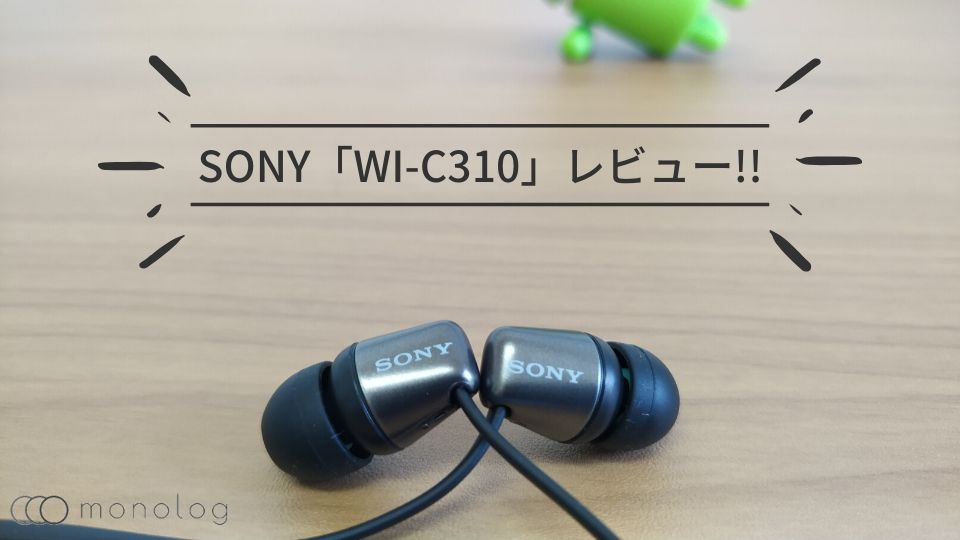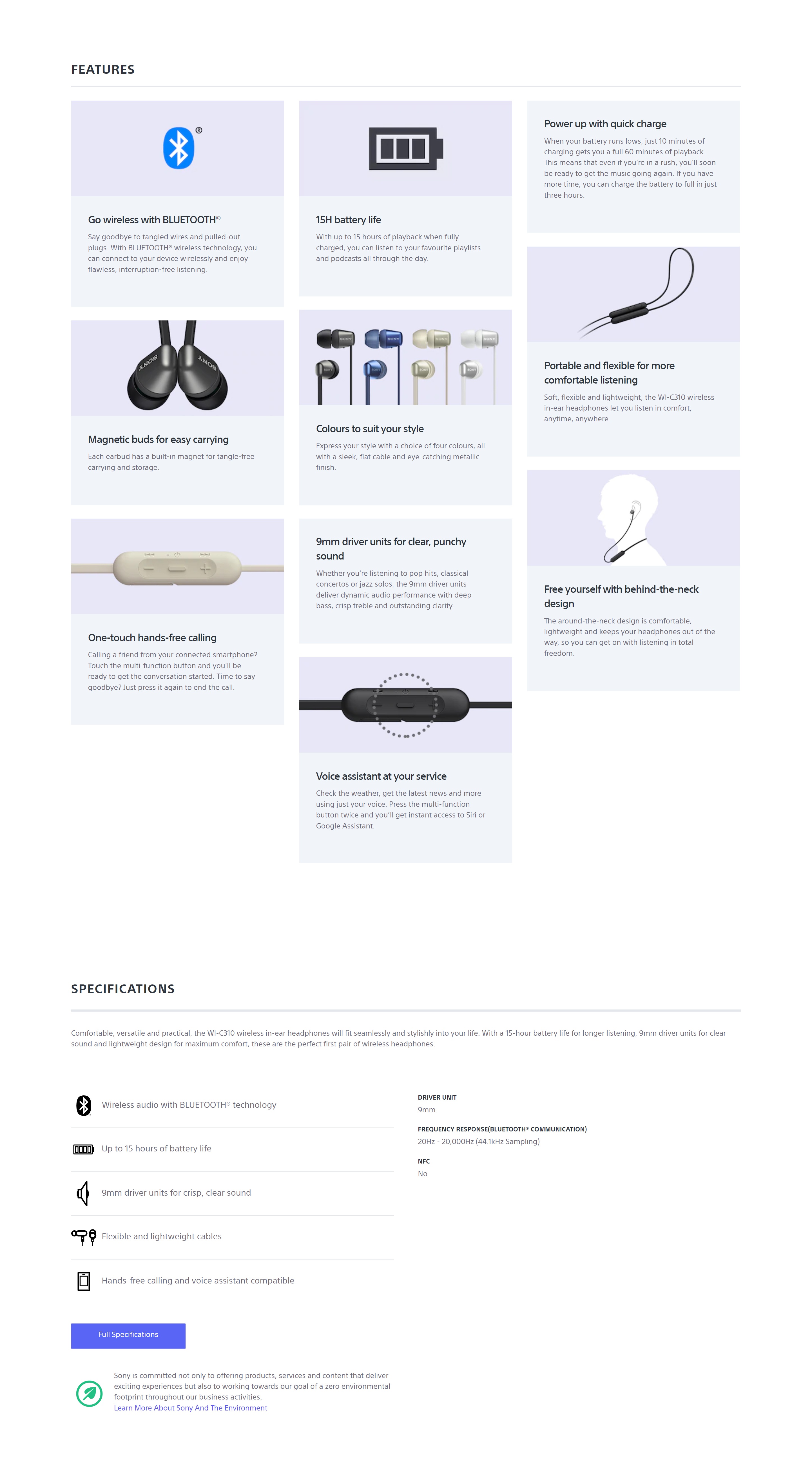
Amazon.com: Sony Wireless in-Ear Headset/Headphones with Mic for Phone Call, Black (WI-C310/B) : Everything Else

Amazon.com: Sony WI-C310 Wireless in-Ear Headset/Headphones with Mic for Phone Call, White (WI-C310/W) : Everything Else

Sony Wireless Over Ear Headphones for TV Watching (WHRF400R) Transmitter Dock 6-ft 3.5mm Stereo + NeeGo RCA Plug Y-Adapter for TV - Walmart.com

Amazon.com: Sony WI-C310 Wireless in-Ear Headset/Headphones with Mic for Phone Call, White (WI-C310/W) : Everything Else





















